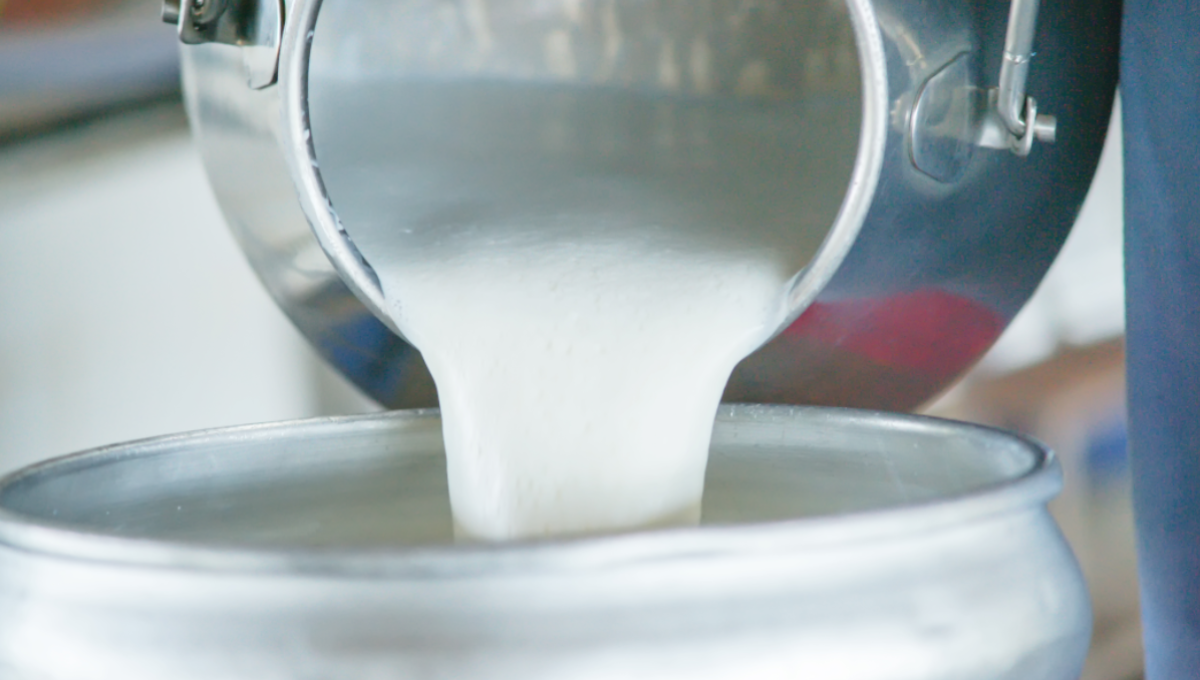
Editor’s Note: The following commentary is in recognition of National Dairy Month
Milk and milk products like yogurt and cheese have many healthy nutrients. However, raw milk, or unpasteurized milk, can contain harmful germs that could lead to foodborne illnesses. Protect yourself from illnesses caused by unpasteurized milk and milk products during National Dairy Month by reading about raw milk and practicing safe food handling.
People at higher risk of infections or foodborne illnesses are:
- Those with weakened immune systems (such as those with HIV/AIDS, cancer, and diabetes)
- Children and teenagers
- Older adults
- People who are pregnant
Pasteurization is a process that heats milk to a specific combination of temperature and short time to kill harmful germs. Any animal milk or animal milk product made with milk that has not gone through pasteurization is considered unpasteurized or raw. Raw milk can carry germs that can cause foodborne illnesses like Salmonella, E. coli, Campylobacter, and Listeria. Symptoms of foodborne illness, often called food poisoning, include vomiting, diarrhea, abdominal pain, and flu-like symptoms. In some cases very serious symptoms and complications can be caused.
Protect yourself against foodborne illness from unpasteurized milk.
Ask Questions
- Read the label on milk products. Most pasteurized dairy products will have the word “pasteurized” on the label.
- If there’s any concern, ask a grocer or store clerk to confirm whether milk products are pasteurized or contact the manufacturer found on the label. If you have a concern while eating at a restaurant, ask a server to confirm with the chef.
- At farmers’ markets, confirm whether any dairy products are pasteurized.
Milk Myths
- Pasteurizing milk DOES NOT reduce milk’s nutritional value.
- Pasteurizing milk DOES NOT mean it’s safe to leave at room temperature for extended periods.
- Pasteurizing milk DOES NOT cause lactose intolerance and allergic reactions.
- Pasteurizing milk DOES kill harmful germs, which in turn saves lives.
- Raw milk and raw milk products marketed for pets and animals ARE NOT safe for people to eat or drink.
Know About Low- and High-Risk Milk Products
Choose your milk and milk products carefully to avoid getting sick from germs found in raw milk. The guidelines below include low- and high-risk milk products, especially if you are at higher risk for infections or foodborne illnesses.
Low Risk:
- Pasteurized milk or cream
- Hard cheeses like cheddar and parmesan
- Soft cheeses like brie, camembert, and blue-veined cheeses made from pasteurized milk
- Processed cheeses, like American cheese or cheese spreads
- Cream cheese, cottage cheese, and ricotta cheese made from pasteurized milk
- Yogurt, pudding, ice cream, and frozen yogurt made from pasteurized milk.
High Risk:
- Unpasteurized milk or cream
- Soft cheeses like brie or camembert made from unpasteurized milk
- Queso-fresco-type cheeses like queso fresco, queso blanco, and requesón are made with both pasteurized and unpasteurized milk.
- Yogurt, pudding, ice cream, and frozen yogurt made from unpasteurized milk.
For more information, visit https://www.fda.gov/food/buy-store-serve-safe-food/dangers-raw-milk-unpasteurized-milk-can-pose-serious-health-risk.
(To sign up for a free subscription to Food Safety News, click here.)